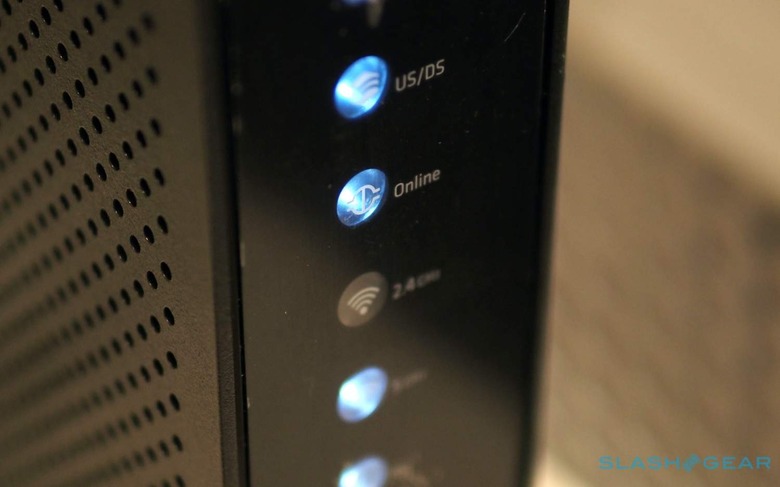Damning Report Says Broadband Industry Behind Huge Net Neutrality Astroturfing
Around 1 in 5 of the 22 million comments submitted to the FTC about ending Net Neutrality were real, a multi-year investigation has concluded, intended to give the false impression that the public supported the idea. A newly-published report by the New York Attorney General's Office blames the broadband industry for funding fake letters and impersonating real – and sometimes dead – Americans, in the hope of faking a wave of popular support.
Net neutrality effectively prevented broadband providers from prioritizing content that passed through their systems. The rules meant that ISPs could not charge more to deliver some company's data faster, or conversely slow the data of others who didn't pay for the best service.
In the US, the arguments for and against net neutrality laws have been underway since the 1990s. In 2017, however, renewed attacks from the FCC under then-chairman Ajit Pai saw the agency push toward removing the restrictions of ISPs when considered Title II "common carrier services"; instead, Pai's FCC aimed to reclassify them as Title I "information services" and, in the process, potentially open up a lucrative new income stream for broadband providers.
It's a complex issue, but the investigation led by the Office of the Attorney General found that "the nation's largest broadband companies funded a secret campaign to generate millions of comments to the FCC," it announced today. "Many of these comments provided "cover" for the FCC's repeal of net neutrality rules."
"The broadband industry could not, in fact, rely on grassroots support for its campaign because the public overwhelmingly supported robust net neutrality rules" the report claims. "So the broadband industry tried to manufacture support for repeal by hiring companies to generate comments for a fee."

The lure for participants was one familiar to anybody who has spent much time on the internet recently without an ad-blocker active. Commercial lead generators relied on the promise of sweepstakes entries, gift cards, and more to encourage members of the public to join the campaign. However, "nearly every lead generator that was hired to enroll consumers in the campaign, instead, simply fabricated consumers' responses."
Other lead generators merely used previously-collected contact details to submit fake comments. One copied information that had been exposed in a data breach and published online. At the point the comments were submitted, some of the people whose names were attached to them had already died, and in some cases been dead for several years.
It resulted in more than 8.5 million fake comments submitted to the FCC, and more than 500,000 fake letters sent to congress. A further 9.3 million fake comments to the FCC were generated through the use of automated software by a single person.
In total, the investigation found, though the FCC received more than 22 million comments during its 2017 proceedings to repeal net neutrality, nearly 18 million were fake.
Three companies were found to be responsible for millions of the fakes, with Fluent, Inc., Opt-Intelligence, Inc., and React2Media, Inc. collectively facing more than $4.4 million in penalties. Meanwhile, broadband industry group Broadband for America – made up of trade groups and broadband company senior executives – funded at least some of the process, apparently spending $4.2 million, or more than half of its total campaign budget, on the ruse.
